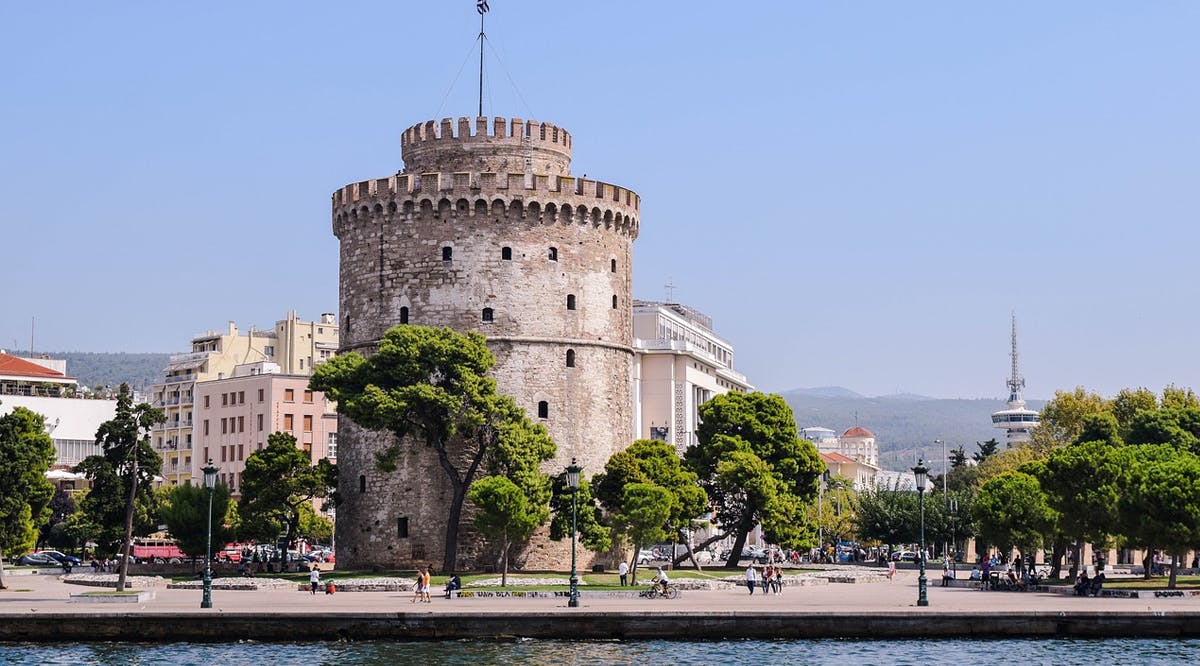
Thessaloniki, Greece, Breaks Ground on New Holocaust Museum
For half a millennium until the Holocaust, the cosmopolitan city of Thessaloniki, Greece, had a unique claim to fame: It was Europe’s only major city with a Jewish majority.
But the golden age of Thessaloniki’s mostly Sephardic Ladino-speaking Jewish community came to a sudden end with the Nazi occupation of Greece in 1941 and turned cataclysmic with the deportation two years later to Auschwitz of nearly all the city’s Jews.
By the end of World War II, some 65,000 Greek Jews — 87% of the total and 96% of those from Thessaloniki — had been killed, leaving barely 2,000 survivors in Thessaloniki (also known as Salonika).
Among them were the parents of Dr. Albert Bourla, a veterinarian who would go on to become the chairman and CEO of Pfizer, one of the world’s largest pharmaceutical companies. In 2022, Bourla won the Genesis Prize — often described as the Jewish Nobel — for having led the development of Pfizer’s COVID-19 vaccine. Bourla donated the $1 million Genesis Prize money toward the construction of the museum. The museum is also being funded by the Stavros Niarchos Foundation and the governments of Greece and Germany.
The 9,000-square-foot museum occupying eight floors in an octagon-shaped structure will be located at the site of Thessaloniki’s Old Railway Station, where the first Nazi train carrying Jews to Auschwitz departed on March 15, 1943.
But the museum, slated to open in 2026, won’t be just about the tragedy of the Holocaust. Exhibits and artifacts will tell the story of more than 2,300 years of Greek Jewish history in Thessaloniki and 38 other communities, beginning with the ancient Romaniote Jews who settled in Greece during the reign of Alexander the Great. (INN/VFI News)
The suggestions, opinions, and scripture references made by VFI News writers and editors are based on the best information received.
Want to see more from VFI? Follow us on Facebook: https://www.facebook.com/visionforisrael and hit “like” if you like us!